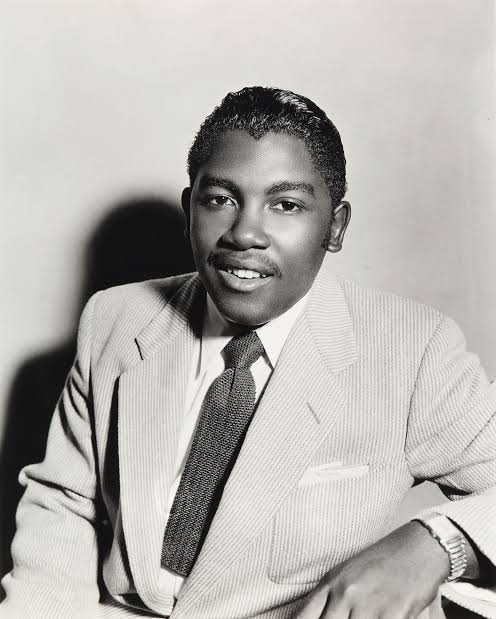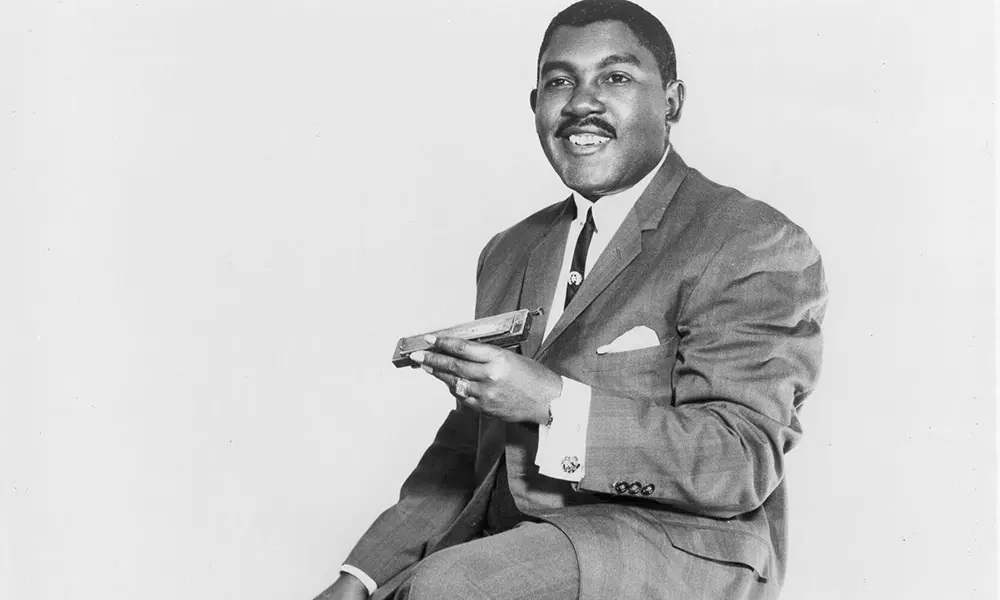Herman “Junior” Parker was one of the most distinctive and influential voices in the world of blues. Known for his smooth, velvety vocal style and infectious grooves, Parker carved out a unique space in the genre during the 1950s and 1960s. While many blues fans know him for hits like Mystery Train and Next Time You See Me, there’s much more to this legendary musician than meets the eye. Here are five fascinating curiosities about Junior Parker you might not know.
1. He Helped Launch Elvis Presley’s Career — Indirectly
In 1953, Junior Parker recorded Mystery Train for Sun Records. The song, driven by a steady rhythm and haunting melody, was a modest success. A year later, a young Elvis Presley covered the song — and it became one of his early signature hits. While Presley’s version leaned more into rockabilly, the roots were unmistakably blues, and it was Parker’s original that laid the groundwork for its success. This connection helped bridge blues and rock and roll in a transformative era for American music.
2. His Voice Was Called “Honey-Dripping Velvet”
Unlike many blues singers known for gritty, growling vocals, Junior Parker stood out with a smoother, gentler sound. Critics and fans alike often described his voice as “honey-dripping velvet” — a silky, relaxed delivery that made his songs feel more like soulful conversations than blues wails. This made him a favorite among fans of blues, R&B, and soul alike, and it helped his music cross over to wider audiences.
3. He Was a Member of the Legendary Beale Streeters
Early in his career, Parker was part of the Beale Streeters — an informal but influential group of Memphis-based musicians that included B.B. King, Bobby “Blue” Bland, and Johnny Ace. This collective of talent shaped the future of blues and R&B and was a hotbed of innovation in the post-war era. Being part of such a group gave Parker an invaluable network and early exposure that would fuel his solo success.
4. He Had an Eye for Innovation in Music Style
Parker wasn’t afraid to experiment with genres and instrumentation. While rooted in blues, his recordings often blended R&B, soul, and even touches of early funk. He incorporated horns, backing vocals, and polished arrangements that gave his sound a modern edge — especially in the 1960s, when he adapted to changing musical tastes without losing his signature style. His flexibility helped him stay relevant longer than many of his peers.
5. His Life Was Tragically Cut Short
Despite his talents and success, Junior Parker’s life ended far too soon. He died in 1971 at just 39 years old, after undergoing surgery for a brain tumor. At the time of his death, he had recorded dozens of influential tracks and remained a respected figure in the blues world. His early passing left many wondering what more he could have achieved had he lived longer.
Final Thoughts
Junior Parker may not be as widely remembered as some of his contemporaries, but his impact on blues, rock, and soul is undeniable. From influencing Elvis Presley to developing a smooth, genre-blending sound, Parker’s legacy deserves renewed attention and appreciation. Whether you’re a lifelong blues fan or a newcomer, exploring his discography is a journey worth taking.


No responses yet